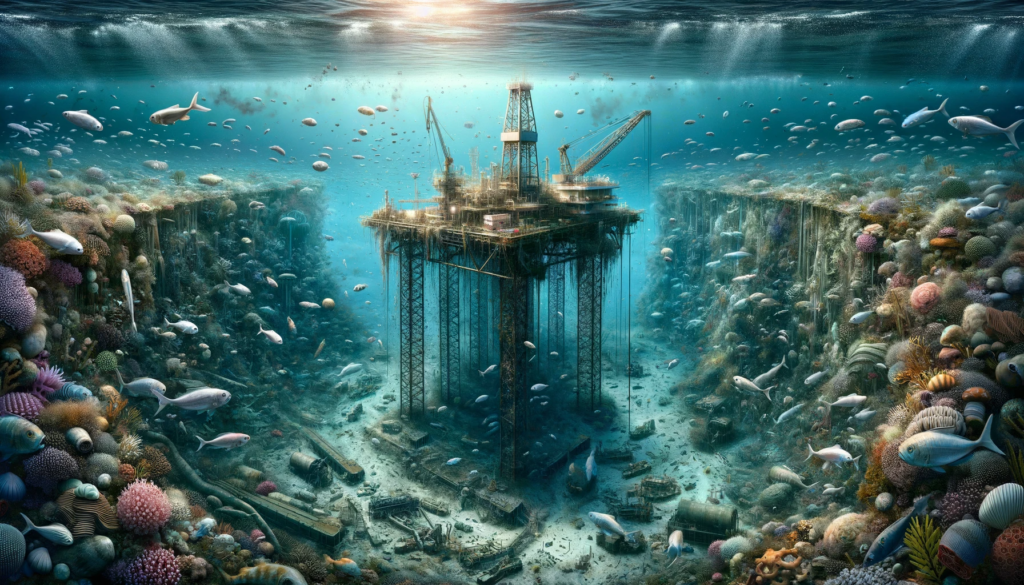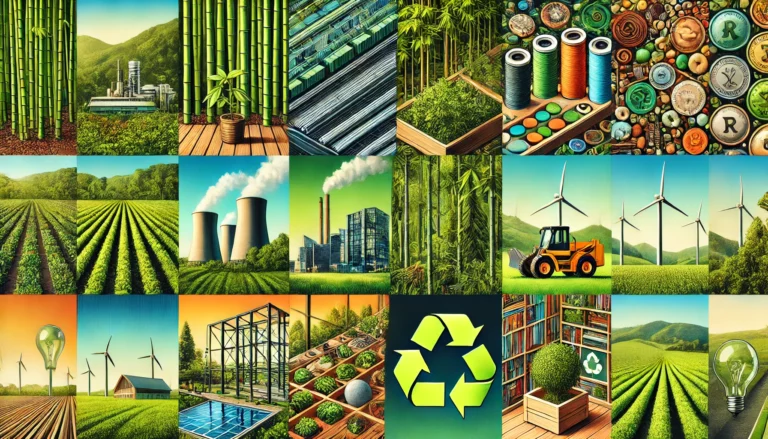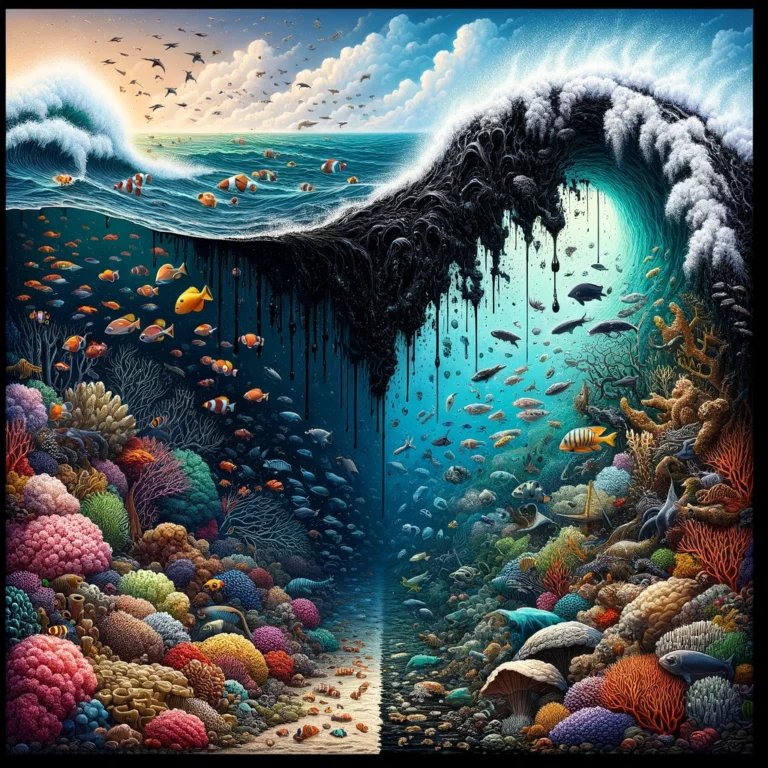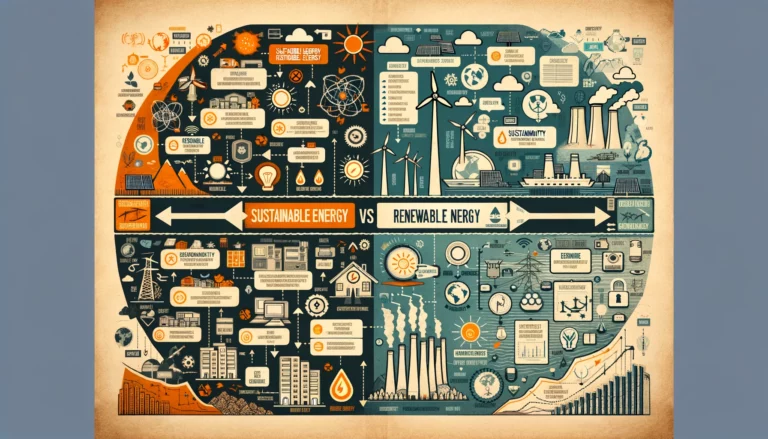The quest for oil, humanity’s most sought-after energy source, has led us to the depths of the oceans. This exploration, while crucial for energy needs, has far-reaching impacts on the underwater world. This article dives into the intricate processes of petroleum extraction beneath the waves and its multifaceted impact on marine life and ecosystems.

The Process of Underwater Petroleum Extraction
Drilling into the Depths
Underwater petroleum extraction begins with offshore drilling, a complex process that involves penetrating the seabed to access oil reserves. This operation requires highly advanced technology and precision to ensure successful and safe extraction.
Innovations in Deep-Sea Drilling
The evolution of drilling technology has enabled access to previously unreachable depths. Innovations such as dynamic positioning and deep-water drilling rigs have revolutionized the industry, but they also bring new challenges and environmental concerns.
Environmental Impacts
Alteration of Marine Habitats
The construction of drilling platforms and the drilling process itself can significantly alter marine habitats. The disruption of the seabed, noise pollution, and the introduction of foreign materials can have detrimental effects on marine flora and fauna.
The Threat of Oil Spills
One of the most significant risks of underwater oil extraction is the potential for oil spills. Incidents like the Deepwater Horizon oil spill have highlighted the catastrophic consequences of such events, causing long-term damage to marine ecosystems and local economies.
Impact on Marine Life
Disruption of Aquatic Food Chains
Petroleum extraction can disrupt aquatic food chains, from plankton to top predators. The disturbance caused by drilling operations and potential spills can lead to a decline in certain species, altering the balance of marine ecosystems.
Effects on Marine Mammals and Birds
Marine mammals and birds are particularly vulnerable to the impacts of oil extraction. Noise pollution can interfere with communication and navigation, while oil spills can be lethal, affecting their ability to regulate body temperature and hunt for food.
Addressing the Challenges
Stricter Environmental Regulations
In response to these environmental concerns, stricter regulations have been implemented. These include rigorous environmental impact assessments and contingency plans for spill response.
Advancements in Eco-Friendly Drilling Practices
The industry is continuously seeking ways to minimize its environmental footprint. This includes developing eco-friendly drilling practices and technologies that reduce the impact on marine life and the likelihood of spills.
Research and Monitoring
Ongoing research and monitoring are crucial to understanding and mitigating the impact of petroleum extraction. Collaborative efforts between governments, environmental organizations, and the oil industry play a key role in this.
Conclusion: Balancing Energy Needs and Environmental Protection
The extraction of petroleum from beneath the oceans is a testament to human ingenuity but also a reminder of our responsibility to protect the planet. As we continue to rely on oil for energy, finding ways to balance this need with the protection of our underwater world becomes increasingly important. Through innovation, regulation, and cooperation, we can work towards a future where energy extraction coexists sustainably with the preservation of marine life and ecosystems.




